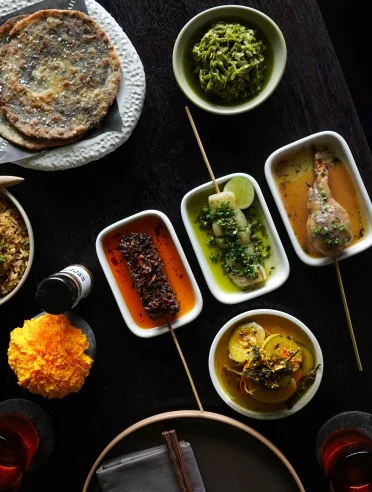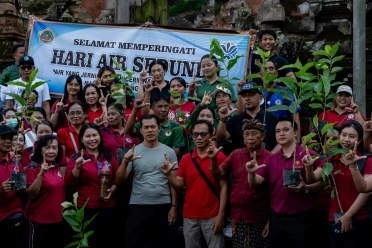During your visit to Bali, you might have already heard about cockfighting or "Tajen" as the locals call it. This tradition, deeply rooted in Balinese culture, is more than just a spectacle; it's a ritual with profound religious significance and historical roots dating back centuries.
Understanding Tajen: The History and Rituals of Balinese Cockfighting
The Historical Roots
Tajen has been an integral part of Balinese society since the Majapahit era, as mentioned in the Pararaton texts, which are now referred to as Babad literature. Historical records indicate that Tajen was practiced during the reign of King Dalem Waturenggong in Gelgel, often held in front of Pura Goa Lawah. Unlike modern cockfights, ancient Tajen wasn't just a game; it was a religious ritual, a part of the Bhuta Yadnya ceremonies.
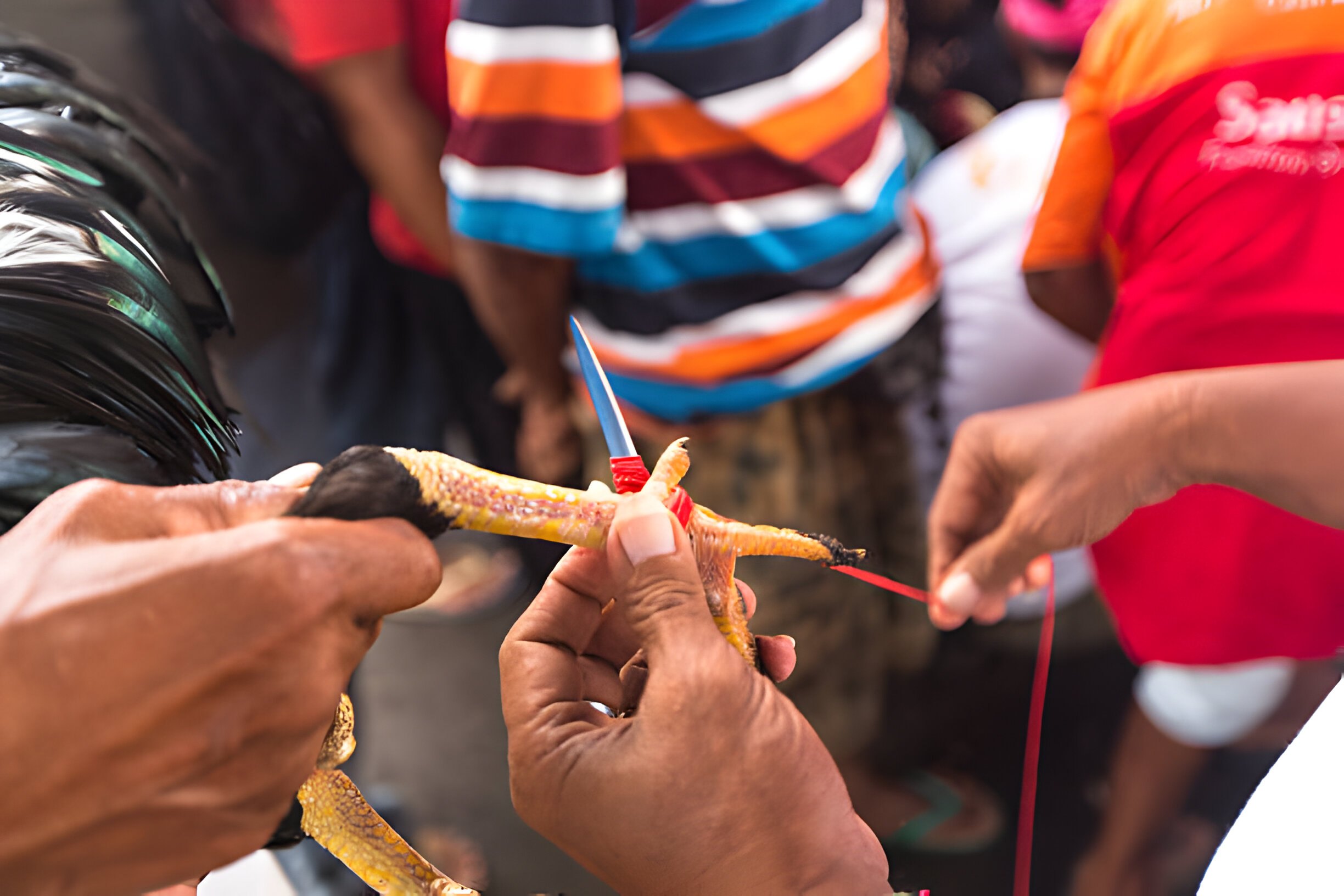
The Cultural and Spiritual Importance
According to an e-journal titled "Gede Kamajaya, Tajen, dan Desakralisasi Pura" by Ida Bagus Gede Eka Diksyiantara and colleagues, Tajen is not just about the fight itself but about the symbolism of bloodshed. The term "Tajen" comes from "taji," a sharp spur attached to the rooster's leg. This spur is not merely a weapon; it's a tool to ensure the ritualistic shedding of blood, which is believed to appease the Bhuta Kala spirits, thus protecting the community from harm.
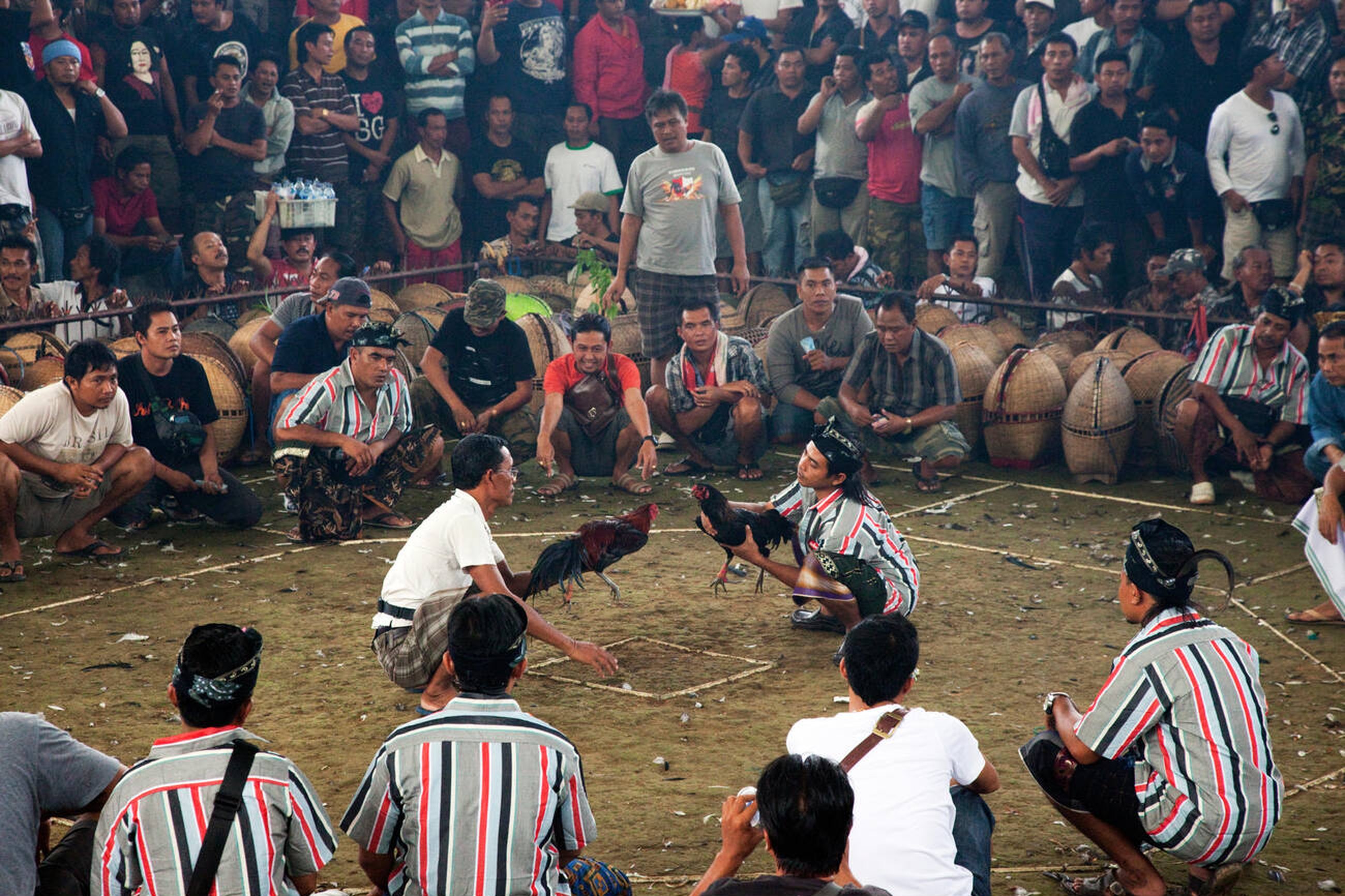
Different Types of Tajen
Tajen can be categorized into three main types: Tabuh Rah, Tajen Terang, and Tajen Branangan.
Tabuh Rah: This is a religious cockfight held during the Bhuta Yadnya ceremonies. The purpose here is to spill the blood of the roosters as an offering. It's a purely religious act without any gambling involved, and only three roosters are used in the ritual.
Tajen Terang: Unlike Tabuh Rah, Tajen Terang includes elements of gambling and is conducted to raise funds for village development. Although it involves betting, it's regulated and permitted by local authorities, making it a legal activity.
Tajen Branangan: This type is clandestine and illegal, characterized by high-stakes gambling. It's often held in remote areas to avoid detection by authorities. The bets in Tajen Branangan can reach exorbitant amounts, sometimes even billions of rupiah.
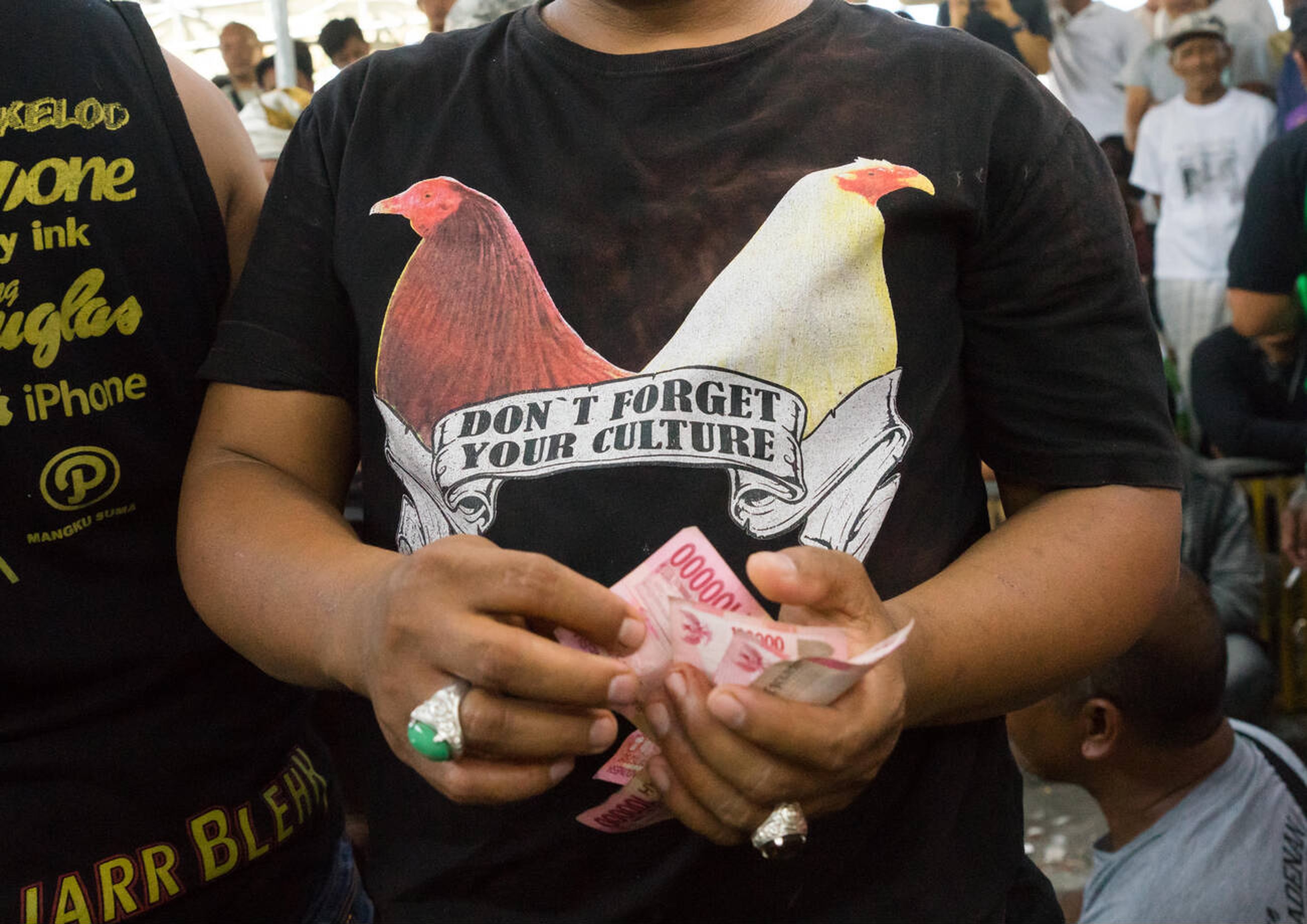
The Misconceptions and Social Dynamics
Many people confuse Tajen with Tabuh Rah, believing both involve gambling. However, Tabuh Rah is strictly a religious ceremony. As clarified in "Politik Kriminal dalam Penanggulangan Tajen (Sabungan Ayam) di Bali" by I Ketut Mertha, Tabuh Rah is a sacrificial ritual, where the blood of animals, including roosters, is offered to the gods to ward off evil spirits.
Academic Perspectives
Clifford Geertz's essay, "Deep Play: Notes on the Balinese Cockfight," provides an in-depth look at the social significance of Tajen. Geertz describes the deep emotional and social connections Balinese men have with their roosters. He delves into the intricate betting systems, distinguishing between "toh ketengah" (group betting) and "toh kesasi" (individual betting). Geertz also explores the concept of "deep play," where the stakes are so high that it seems irrational to participate. However, for the Balinese, the social status and honor gained from a victorious rooster outweigh the monetary risks.
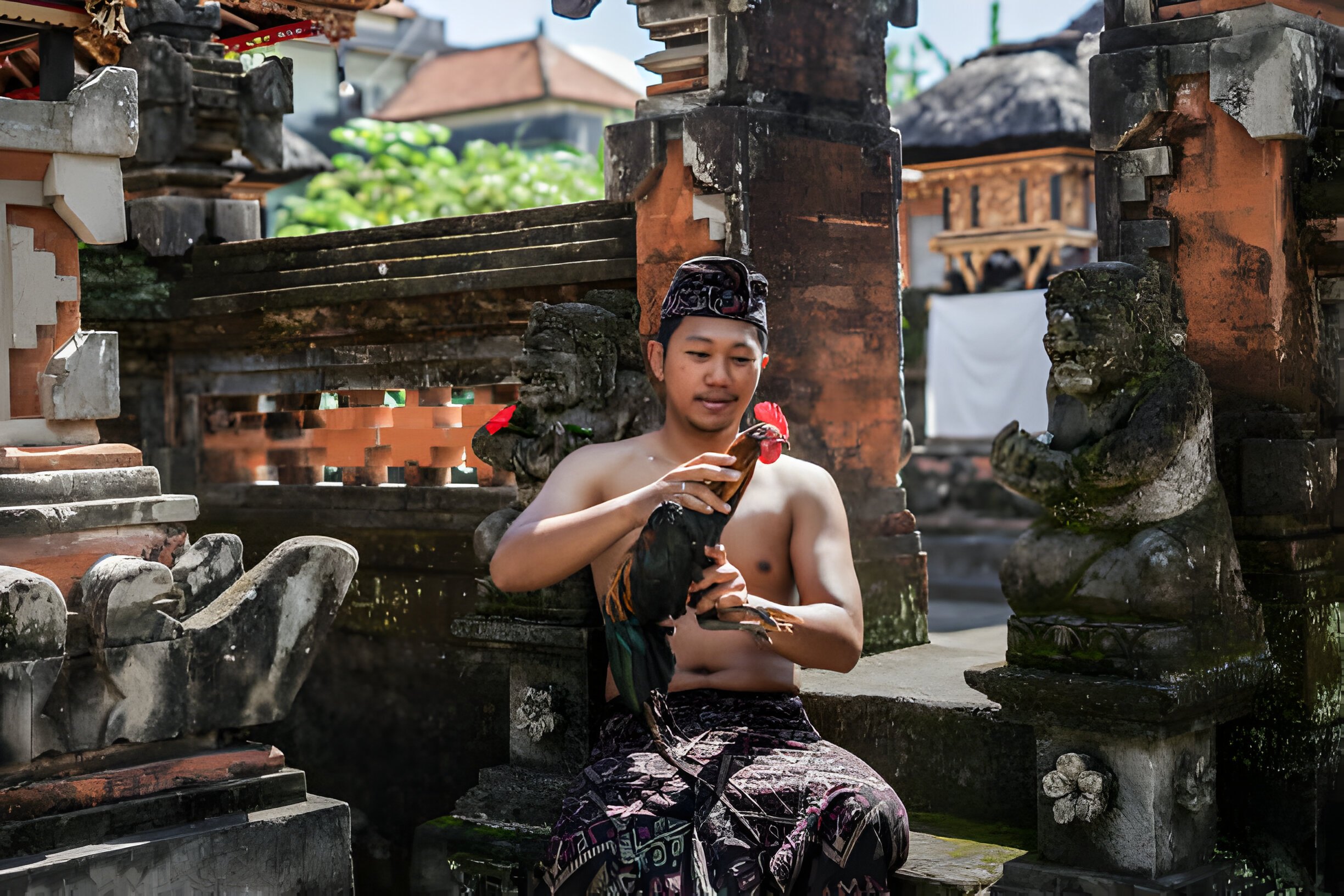
William Roseberry, in his critique titled "Balinese Cockfights and the Seduction of Anthropology," examines Geertz's work through an anthropological lens. Roseberry argues that Geertz's portrayal of Tajen focuses on cultural production rather than the social processes behind it. He emphasizes the importance of understanding social differentiation and material processes in the study of cultural practices like Tajen.
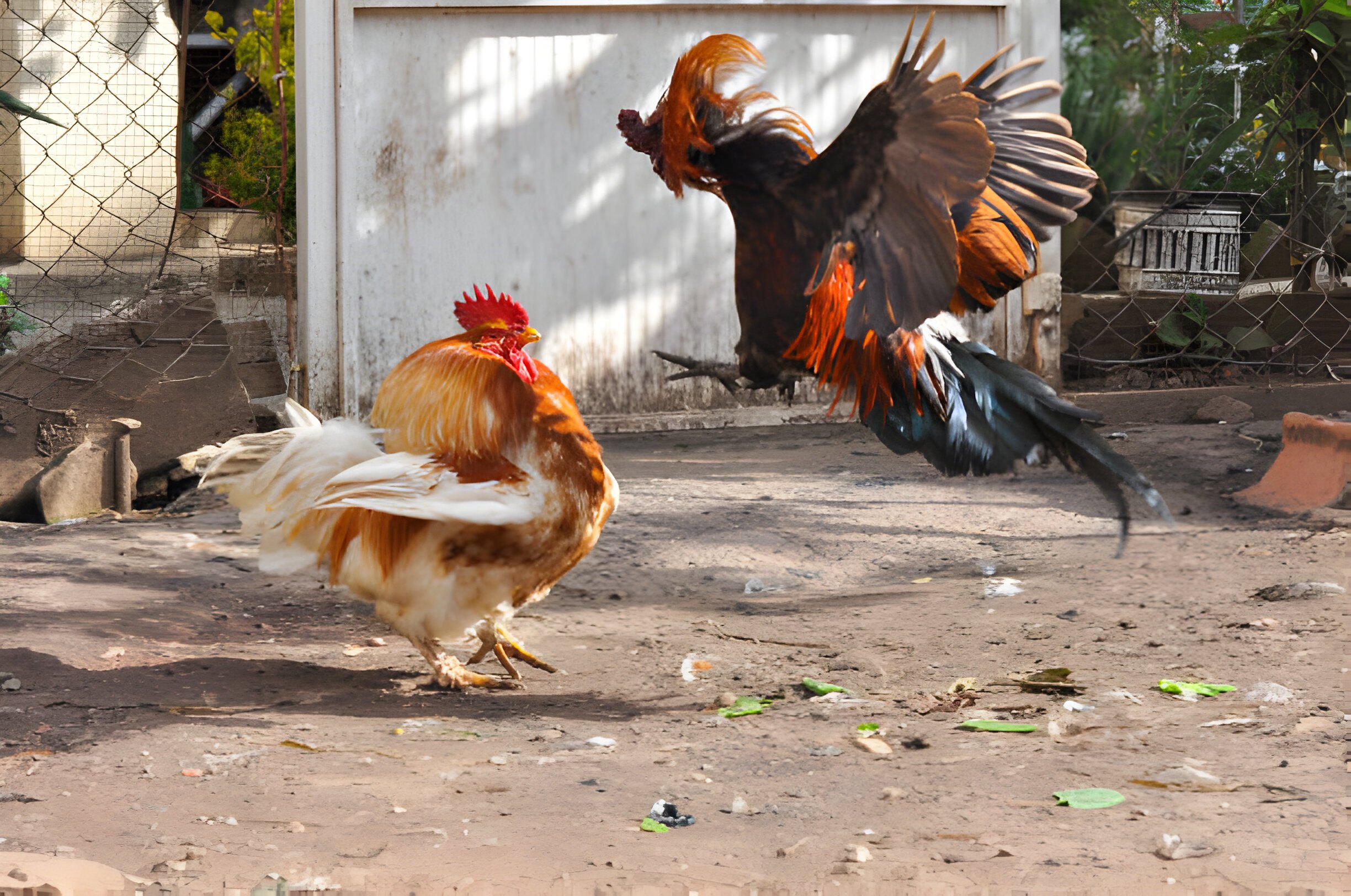
Tajen is more than a mere cockfight; it's a cultural practice woven with historical, religious, and social threads. While it may appear controversial due to its association with gambling, understanding its cultural context reveals its significance in Balinese life. The ritualistic and community aspects of Tajen highlight the deep-seated traditions that continue to thrive in Bali, offering a glimpse into the island's rich cultural heritage.



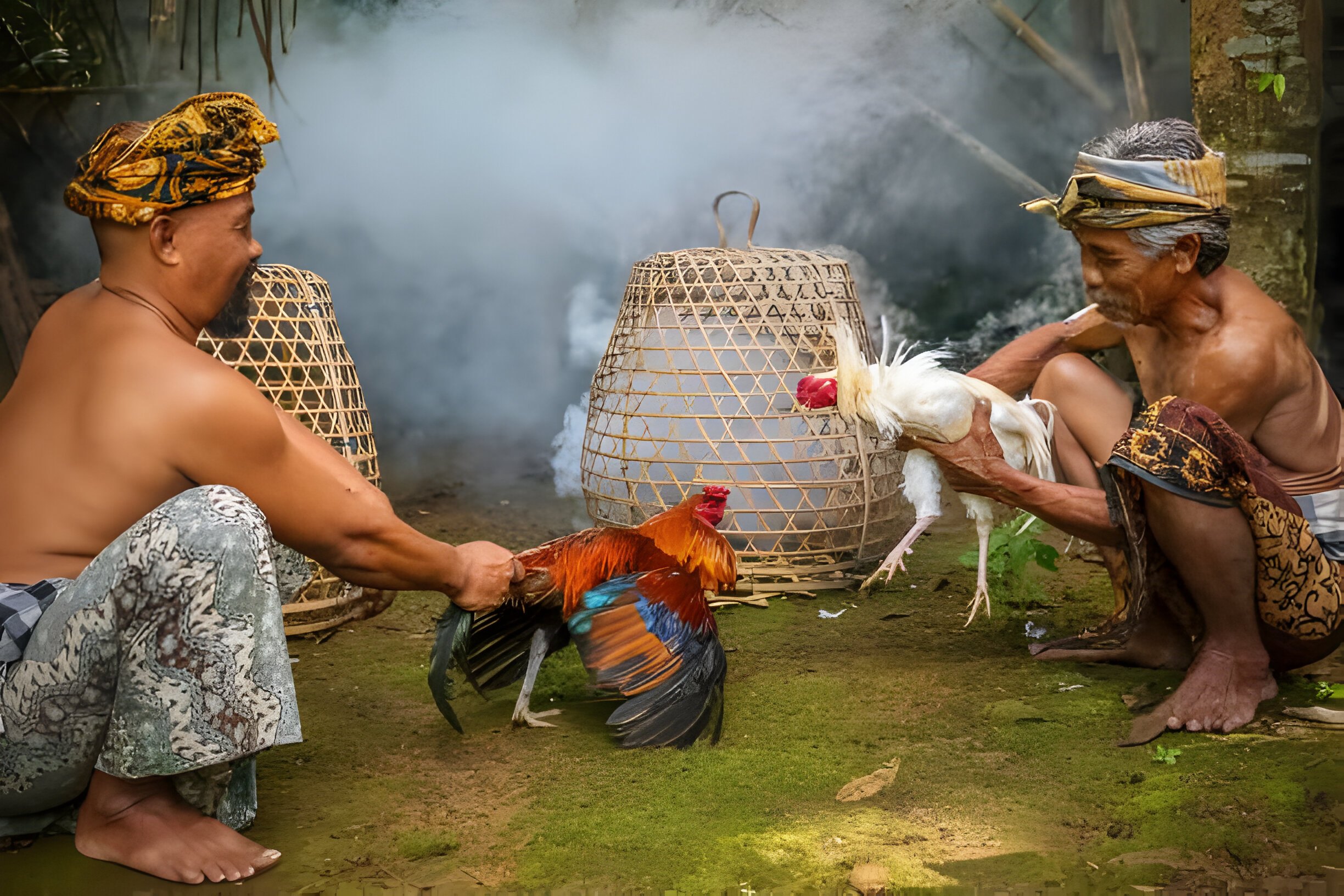
 Billy Bagus
Billy Bagus
 Jun 07, 2024
Jun 07, 2024


